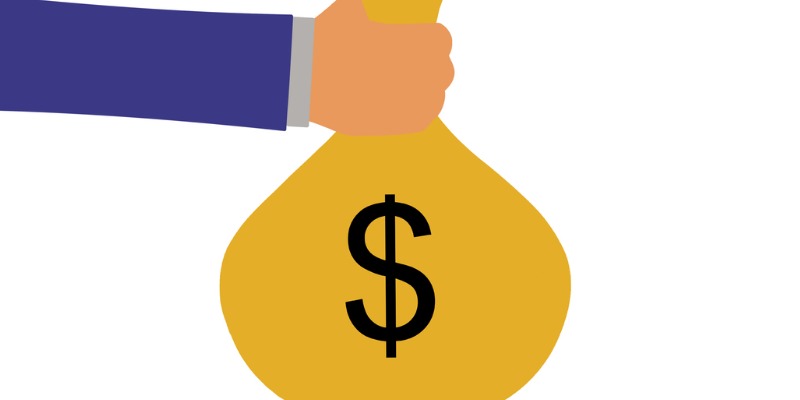P.E.I. government could eliminate business income taxes by ending corporate welfare

According to the King government’s budget projections, program spending (on a per-person basis) this fiscal year in Prince Edward Island will reach a record high, the province will run its fourth straight budget deficit, and net debt will top a projected $2.8 billion this year and reach nearly $3.2 billion by 2025/26. In other words, Islanders face some deep red ink.
At the same time, according to a recent study published by the Fraser Institute, the P.E.I. government spent nearly $1.3 billion (inflation-adjusted) subsidizing businesses from 2007 to 2019, the latest year of available pre-COVID data. This corporate welfare, which does little if anything to stimulate economic growth, also came with huge costs to government budgets and P.E.I. taxpayers.
Let’s take a closer look at the numbers.
P.E.I.’s government spending on business subsidies (a.k.a. corporate welfare) more than doubled (after adjusting for inflation) from $76 million in 2007 to $171 million in 2019. Importantly, this measure of corporate welfare includes unrequited government transfers to businesses but excludes other forms of government support such as loan guarantees, direct investment and regulatory privileges extended to particular firms or industries. So the actual level of corporate welfare in P.E.I. during this 13-year period was much higher.
Unfortunately, taxpayers ultimately bear the cost of corporate welfare, which equaled $11,760 per P.E.I. tax filer from 2007 to 2019—that’s a significant amount of taxpayer money unavailable for other priorities. Factor in subsidies from the federal and local governments, and the total cost of corporate welfare jumps to $14,811 per P.E.I. tax filer—the third-highest level in the country behind only Saskatchewan and Quebec.
Such spending might be justified if it led to widespread economic benefits. However, there’s little evidence that business subsidies generate widespread economic growth and/or job creation. In fact, a significant body of research suggests corporate welfare may actually hurt the economy as government interference in the market misallocates resources and ultimately distorts private decision-making by businesses, investors and consumers.
Put differently, government attempts to select winners and losers in the economy generally make the economy less efficient than if those decisions were left to individuals. Indeed, the better option is to let Islanders make their own decisions about where to spend their money and subsequently determine what businesses will succeed.
The King government can, however, play a role. Instead of giving preferential treatment to select firms and industries, it should foster a pro-growth environment that gives all businesses the opportunity to thrive by reducing business income tax rates. Consider that (on average) more than one and a half times (163 per cent) of all business income tax revenue collected in P.E.I. was sent back to select firms and industries in the form of corporate welfare from 2007 to 2019. This means that P.E.I. could effectively eliminate business income taxes if it ended corporate welfare. And in contrast to corporate welfare, lower business income taxes have actually been proven to stimulate investment, job creation and economic growth.
Corporate welfare comes with significant costs to P.E.I. taxpayers, with little evidence of benefit. If the King government, with a new majority mandate in hand, wants to truly encourage growth in the economy, it should focus on pro-growth tax reductions that give all businesses the opportunity to thrive.
Authors:
Subscribe to the Fraser Institute
Get the latest news from the Fraser Institute on the latest research studies, news and events.


